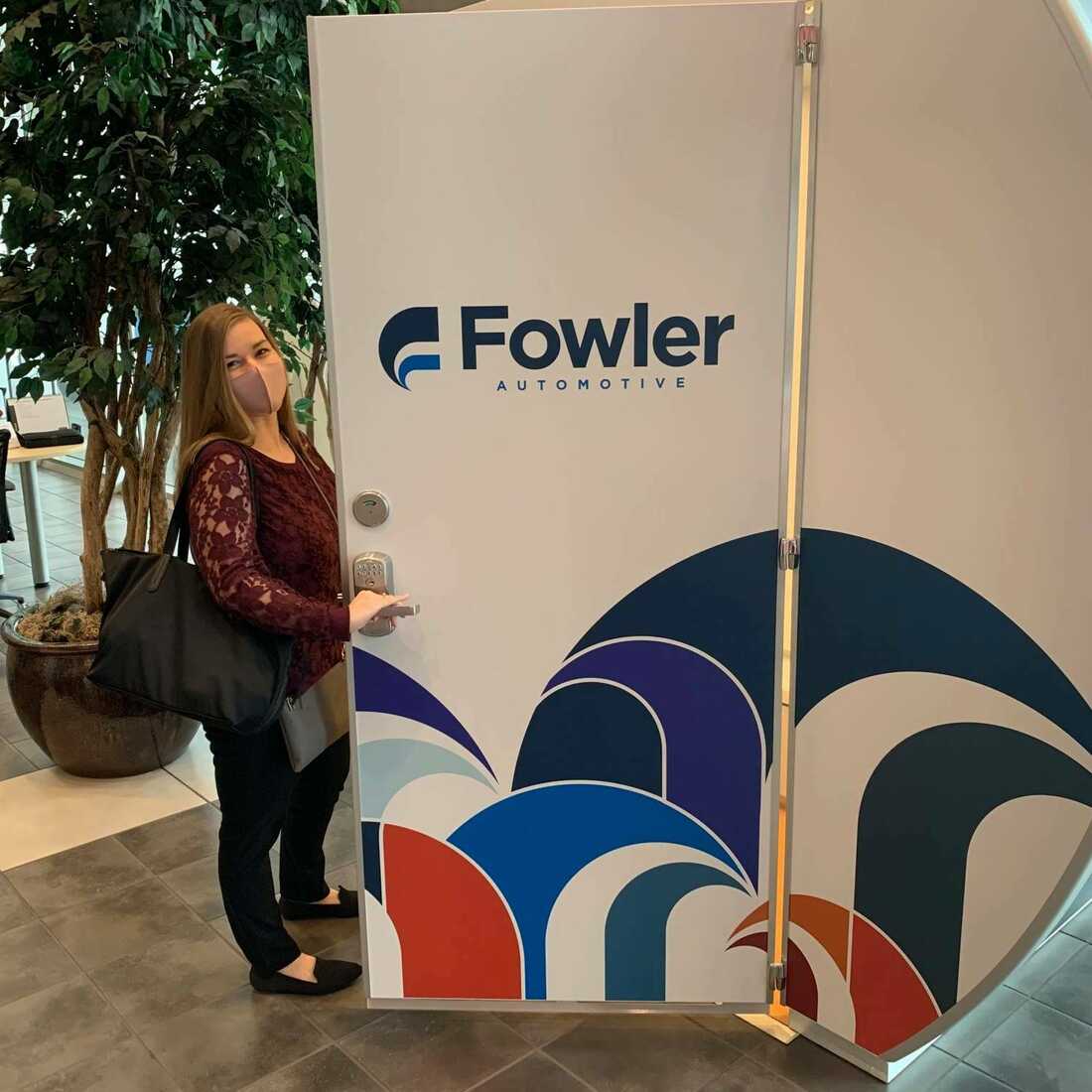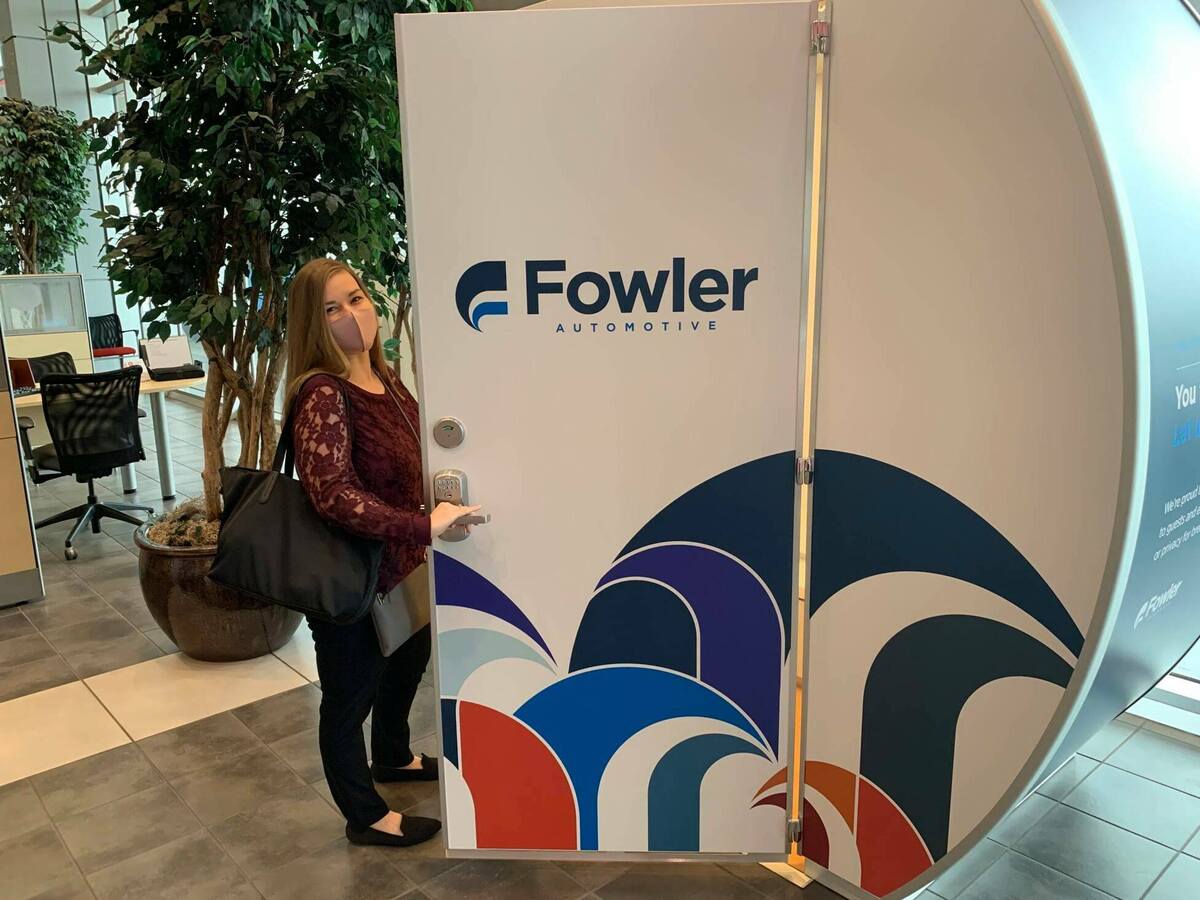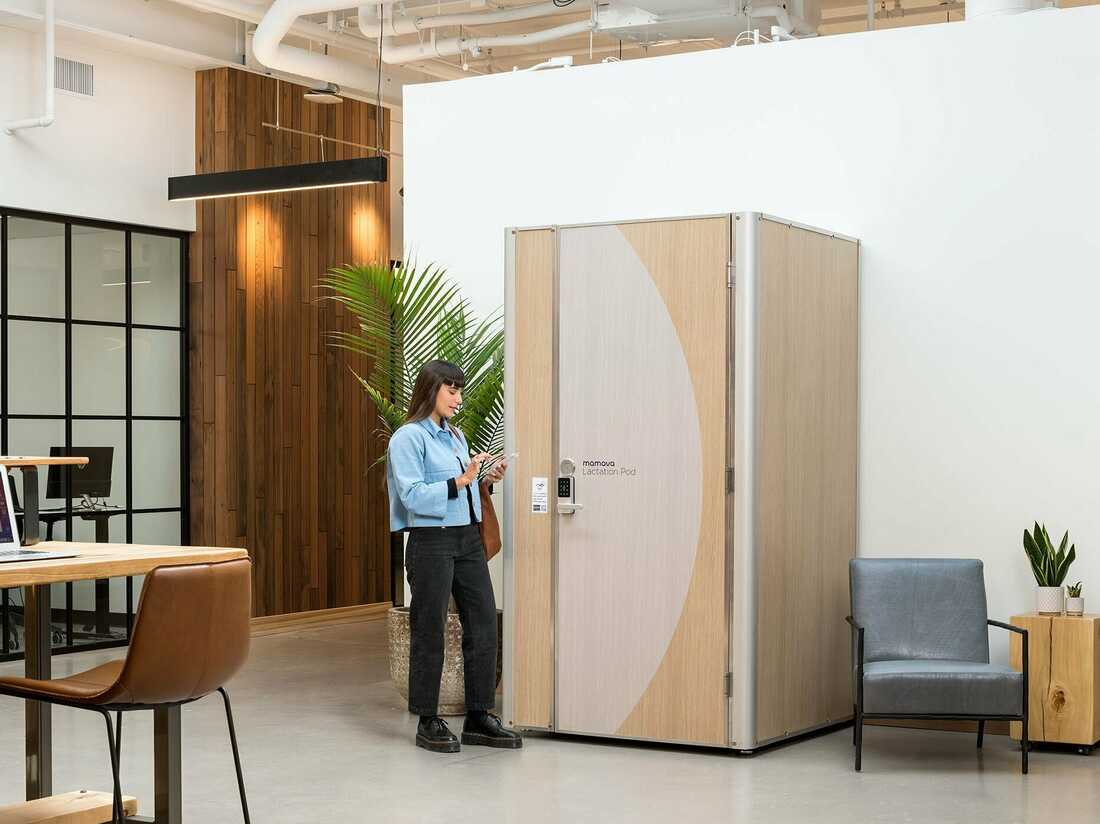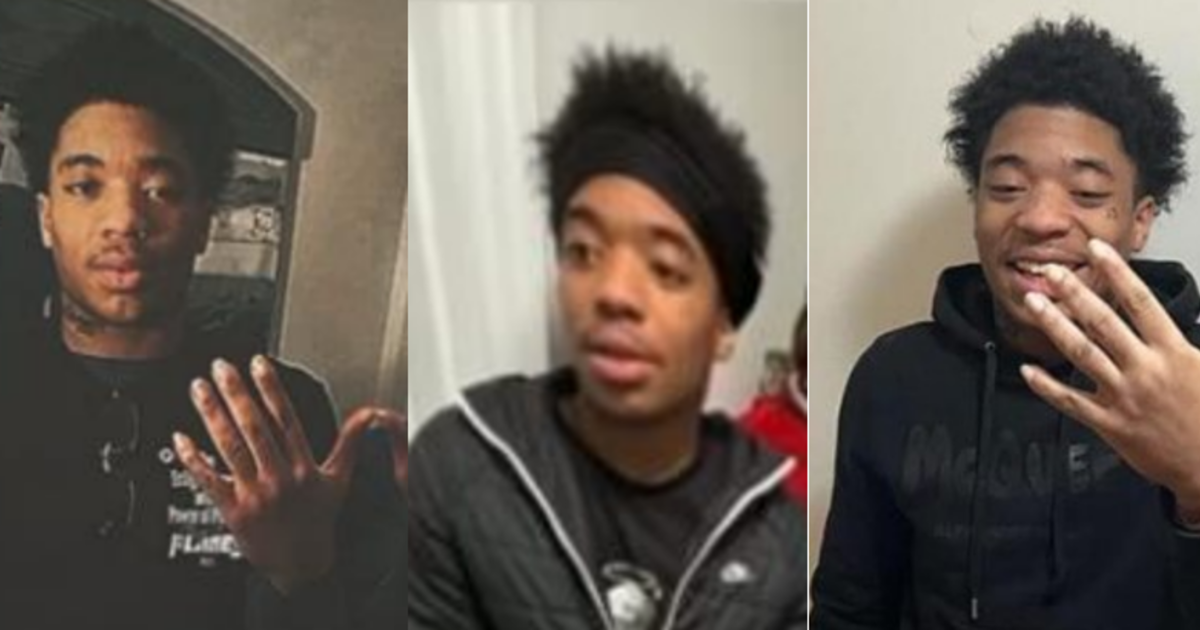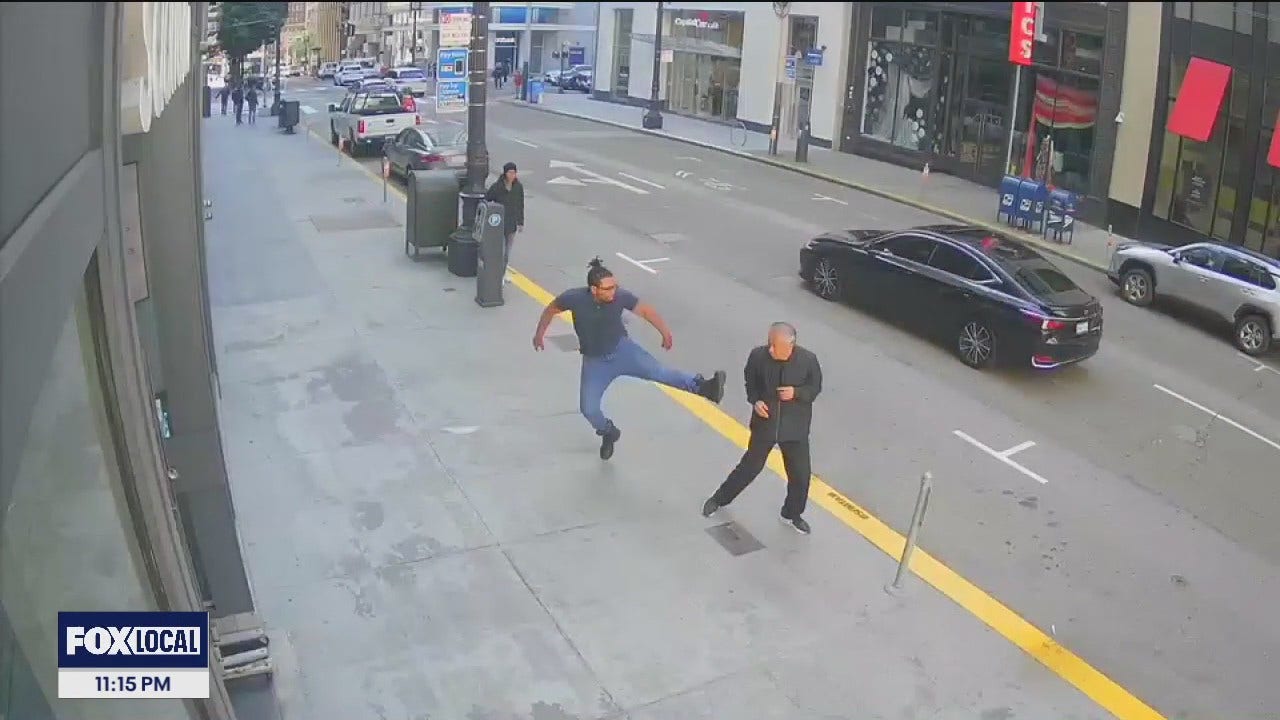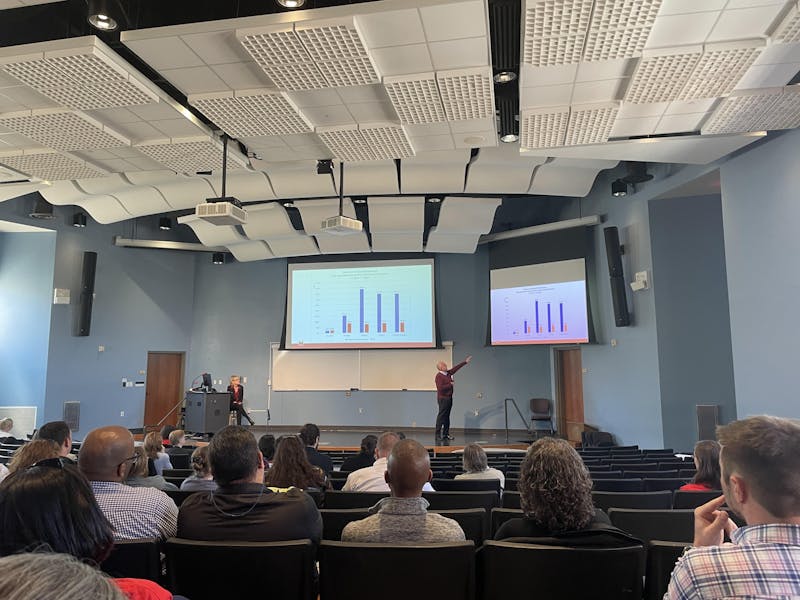University campuses from New York to Los Angeles simmered with rage and recriminations on Wednesday as they dealt with the fallout from police operations to quash protests over the war in Gaza.
The University of California, Los Angeles cancelled classes for the day after a violent night-time attack by counter-protesters on an encampment set up by pro-Palestinian student demonstrators.
In New York, mayor Eric Adams blamed “outside agitators” for escalating anti-Israel demonstrations at Columbia University as he defended his police department’s conduct. New York police made 282 arrests at Columbia and further uptown at New York’s City College on Tuesday night.
Columbia said its exams and classes would be remote for the remainder of the academic year, with a police presence remaining on campus until May 17 — two days after graduation.
As the situation eased at Columbia and City College, a new encampment sprung up at Fordham University’s campus in midtown Manhattan, prompting further warnings of police action.
Pepper spray and fireworks were used during the clashes on UCLA’s campus, which began just before midnight. Police arrived in riot gear at about 1.40am but the clashes continued until about 3am.
LA mayor Karen Bass called for a full investigation into the “abhorrent and inexcusable” violence. “Those involved in launching fireworks at other people, spraying chemicals and physically assaulting others will be found, arrested and prosecuted, as well as anyone involved in any form of violence or lawlessness,” she said. “Free speech will be protected. Violence and bigotry will not.”
Gavin Newsom, California’s governor, criticised the response by the university and its security guards, saying “the limited and delayed campus law enforcement response at UCLA last night was unacceptable — and it demands answers”.
The Jewish Federation of Los Angeles called the attack by the counter-protesters “abhorrent”, saying they “do not represent the Jewish community or our values”. But it also criticised the UCLA administration and called for the immediate closure of encampments.
“People are sad and upset,” said one UCLA faculty member. “Everybody wants freedom of speech and the right to protest but it’s getting out of hand. It was a surprise to everybody that violence broke out.”
The clashes at UCLA came after two weeks of controversy at the nearby University of Southern California, where administrators cancelled the graduation speech by the valedictorian, Asna Tabassum, a Muslim woman, citing security concerns.
In New York, officers equipped in riot gear stormed the Columbia campus late on Tuesday in a dramatic raid to oust protesters from two encampments and Hamilton Hall, a building they had seized the previous night.
Adams told MSNBC: “Many people thought that this was just a natural evolution of a protest. It was not. These were professionals that were here and I just want to send a clear message out that there are people who are harmful and trying to radicalise our children and we cannot ignore these outside influences.”
The NYPD did not immediately release any details about the individuals involved, but Ben Chang, a Columbia spokesperson, echoed the mayor’s comments, saying the group that seized Hamilton Hall had been “led by individuals not affiliated with the university”.
Minouche Shafik, Columbia’s president, defended the decision to call in the police, writing to the university’s staff and students that protesters had “pushed the university to the brink” and her move came only after multiple attempts to de-escalate the situation through negotiations.
“Students and outside activists breaking Hamilton Hall doors, mistreating our public safety officers and maintenance staff, and damaging property are acts of destruction, not political speech,” she wrote on Wednesday. The university also said it was limiting access to campus, calling Hamilton Hall “an active crime scene”.
Protesters at Columbia had demanded the university divest from companies that profit from Israel and cut ties with an Israeli university. Many Jewish students complained vigorous activism had often boiled over into blatant antisemitism that would not have been tolerated by the administration if directed at other minority groups.
On Wednesday morning, the neighbourhood around the university was quiet after two weeks of drumbeating protests that prompted comparisons with the anti-Vietnam war demonstrations that rocked Columbia in 1968.
The only sign of the previous night’s raid was the military vehicle used by the police to breach the second floor of Hamilton Hall. It was parked across the street from the campus.
Inside the gates, Columbia’s main lawn appeared to have been cleared of the dozens of tents, draped in signs and banners, that formed the “Gaza solidarity encampment”.
A student who did not want to be named said he found the occupation of Hamilton Hall to be “disruptive” but the police response “disproportionately” large nonetheless. Another student said “it was about time” to clear the encampment and that Shafik could have acted earlier to prevent the protests from escalating.
In another sign that the stand-off had ended, Columbia’s student radio station, WKCR, which became a mainstay for its round-the-clock news coverage of the protest, switched back to jazz and classical music on Wednesday morning.




